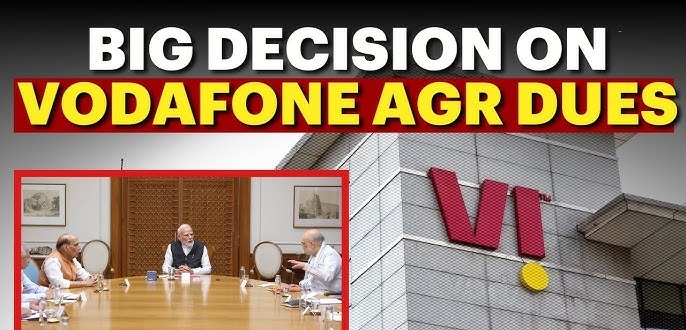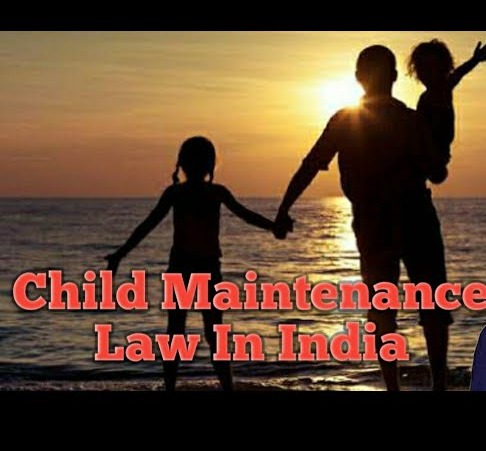B.M. Mitra, J.@mdashThe instant revisional application is directed against Order No. 5 dated 4.10.96 passed by the 2nd Court of Assistant District Judge at Barasat in M. Suit No. 29 of 1996. Before adverting to the order impugned, the attention of the Court has been drawn to the original application on which the said order has seen the light of the day and it has been pointed out by Mr. Chatterjee, the learned Advocate appearing on behalf of the petitioner that the connected petition under Order 37 of the CPC contains the mandate of requirement as contemplated under Order 37 Rule 2 of the Code of Civil Procedure. In this context the attention of the court has been drawn to Form No. 4 under Order 37 Rule 2 of the Code of Civil Procedure. There is a provision contained under Order 37 Rule 2 Sub-rule (3) of the CPC which puts a negative embargo that the defendant shall not defend the suit referred to under Order 37 unless he enters appearance and in default of making an entry of appearance, the allegations contained in the plaint shall be deemed to be admitted. It is also contemplated under the provisions of Order 37 Rule 3 Sub-rule (6) that if the defendant has hot applied for leave ''to defend, the plaintiff shall be entitled to a judgment forthwith. There is an outer limit prescribed that the defendant must come with a prayer of leave to defend within 10 days of the service of notice. Here, it appears that the defendant had served the notice on 10th September, and 10 days are likely to expire on 20th September and instead of praying for leave to defend within the deadline the defendant has come in the month of May, 1997. In the back-drop of the same, the impugned order has been passed where the matter has been placed and fixed in ex-parte board for ex-parte hearing. It has been submitted by Mr. Chatterjee that the learned trial Court is in welter of confusion as the court below was not conscious of the categorical and imperative distinction as regards the procedure which is to be followed in a regular suit and in a proceeding under Order 37 of the Code of Civil Procedure. It is needless to mention that Order 37 is a special summary procedure which cannot be equated to that of the course of prosecution of a procedure in a regular suit Otherwise there would have been no efficacy for notification or incorporation of Order 37 in the body of the Civil Procedure by way of separate species of procedure canvassed for disposal of the matter which comes under the four corners of the summary proceeding. In support of his contention Mr. Chatterjee has relied on a case of J.B. Ross & Co, v. C.R. Scrivan & Ors, reported in AIR 1917 Cal 69 where the Division Bench of this Court has held that a court cannot pass a decree except in suits on negotiable instrument governed by the provisions of Order 37 Rule 2. No decree can legally be given without evidence in a case where the defendant does not choose to contest except in suits on negotiable instruments governed by the provisions of Order 37 Rule 2 of the Code of Civil Procedure. We find even concurrence by Woodroffe J. who has been pleased to hold that according to Rule 2 Sub-rule (2) of Order 37, in default of obtaining leave to appear and defend, the allegations of the plaint shall be deemed to be admitted and the plaintiff shall be entitled to a decree, to this context a reference may be made with regard to the provisions of Section 118 of the Negotiable instruments Act and it may be compared to that of the provisions of Section 114 of the Evidence Act. The significant expression used in the body of Section 114 of the Evidence Act is that the court may presume existence of any fact and the said presumption is optional at the discretion of the court in Section 114 of the Evidence. Act. In terms of Section 118 of the Negotiable Instrument Act it has been contended that unless contrary is proved, certain presumption shall be made u/s 118 of the Negotiable Instrument Act. Section 118 of the Negotiable Instrument Act forecasts a mandatory provision about presumption but Section 114 of the Evidence Act makes reference to the discretion to be optionally exercised by the court. There is general option and the opinion of the same may be formed by the court about existence of any fact u/s 114 but such option is not to be found unless contrary is proved in respect of presumption flowing from certain species of Negotiable Instrument. The presumption about passing of for consideration in specified clauses of negotiable instrument is compulsory and not optional unless contrary is proved. Therefore, in the back around of the same, the observation of Woodroffe J. assumed significance and therefore this Court is made to ponder about construction of the provisions of Order 37 of the Code of Civil Procedure. this Court in the light of the discussion made above leans in favour, of a construction that in absence of leave being put forward within the deadline, there is no other option left to the court but to pass a decree because the decree will follow as a matter of course and the court cannot fix it on the Board for hearing. The trial court seems to have gone wrong by treating the procedure by fixing a matter of a summary'' proceeding in ex-parte board where the implications are required to flow by operation of the para-materia for not applying for leave to defend within the time as prescribed. Therefore, if on the expiry of a period for more than 8 months, a purported application is sought to be made for condonation of delay that will have germane effect of making erosion of the entire special procedure as contemplated in a summary proceeding contained under Order 137 of the Code of Civil Procedure/Accordingly, the order impugned suffers from material irregularity in exercise of the jurisdiction and the same is liable to he set aside and the court is directed to deliver a judgment on following the deeming effect of the admission of the allegations contained in the plaint for non-appearance of the defendant with a prayer to leave to defend. Accordingly, the order impugned is set aside and the trial court is directed to pass a decree on the basis of the allegations contained in the plaint in terms of the relevant provisions of Order 37 of the CPC in accordance with law in the line of the direction as indicated hereinabove.
The revisional application therefore succeeds and the order impugned is set aside with direction to pass the orders as directed herein.

